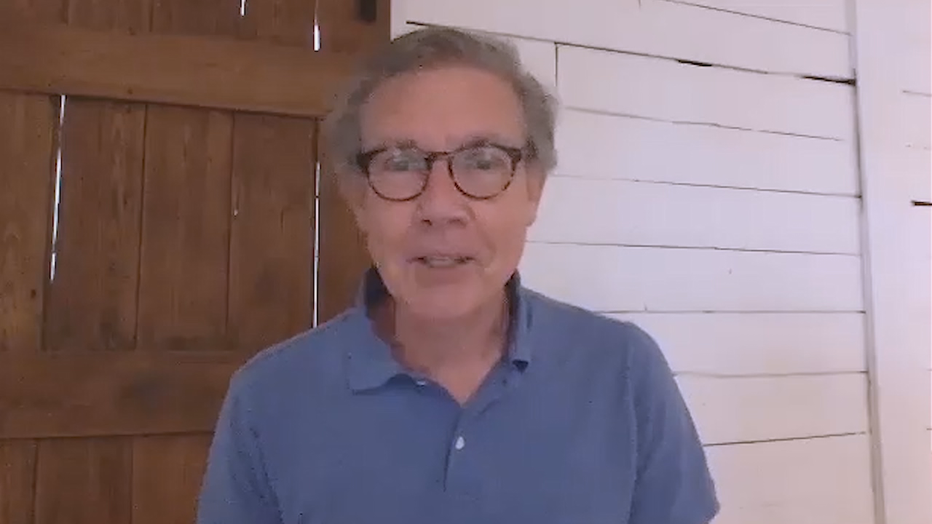Georgia man among first to join Emory coronavirus vaccine trial

Emory tests coronavirus vaccine
Emory has entered the first wave of trials for a coronavirus vaccine.
ATLANTA - Norman Hulme can’t travel right now.
He can’t even go to work as often as he would like to at Emory University, where Hulme manages the digital signage system.
Still, the Decatur 65-year-old has been busy lately.
Hulme recently signed up at the Hope Clinic at the Emory Vaccine Center to be one of the first Americans to test an experimental vaccine against the novel coronavirus.
Know how the COVID-19 outbreak is impacting Georgia
It was given first to a small group of younger adults between the ages of 18 and 55.
Then, in late April, Hulme joined a group of volunteers 56 and older.

Norman Hulme is one of the first Americans to test an experimental vaccine against the novel coronavirus.
He was given the first of two doses, which will be spaced a month apart.
It felt a lot like the flu shot, Hulme says.
“Then, they observed me for about an hour, to make sure I didn’t keel over or have a massive reaction, and that was it,” Hulme says. “So, they sent me home with a couple of thermometers and a diary. I’m now a week and a half into the vaccine, and all is well.”
Dr. Nadine Rouphael, the interim director of the Hope Clinic of the Emory Vaccine Center, says she’s helped test a vaccine for Ebola and Zika virus.
App users click here for live updates
But, Rouphael says, this is the first time she’s been a part of a worldwide race involving dozens of research teams who are testing about 90 coronavirus vaccine candidates.
“I feel very lucky that I am part of a team that could find a solution for coronavirus,” Rouphael says. “Clearly, this is a disease where we need a vaccine to make sure that the population is immune, and we can go back to a normal life.”
Emory, Kaiser Permanente Washington, and the Vaccine Research Center at the NIH are testing an experimental RNA-based vaccine made by the Massachusetts-based biotech Moderna.
Sign up for FOX 5 email alerts
It uses genetic material from the “spike” protein on the surface of the coronavirus to try to help the immune system recognize and produce antibodies to fight off the virus.
That is how it works in theory.
Finding out if it works in people, Rouphael says, will take some time.
“The issue with vaccine trials is they cannot be rushed,” she says. “They have to be done in a stepwise manner, to ensure that safety is really carefully looked at. So, I do feel that 12 to 18 months, even though everyone is anxious to get a vaccine, is still an optimistic goal.”
Hulme feels like he’s just doing his part.
“I’m just doing a small piece that I can do when you like at what first-responders are doing on a daily basis, or just people working at MARTA, or the grocery store, or pharmacy,” Hulme says. “Because it affected all of our lifestyles. And If I can do this one thing, it seems like it would be an opportunity to do something.”
RELATED: CoronavirusNOW.com, FOX launches national hub for COVID-19 news and updates.

